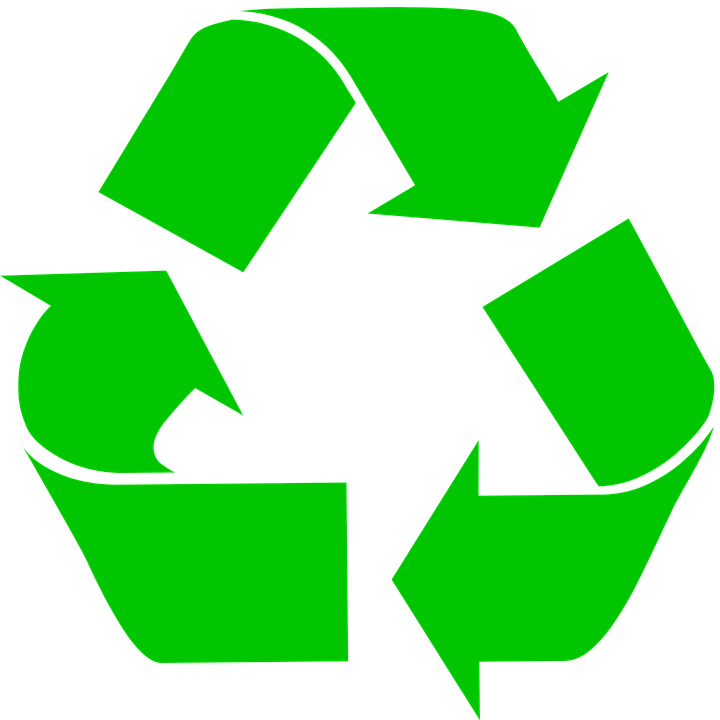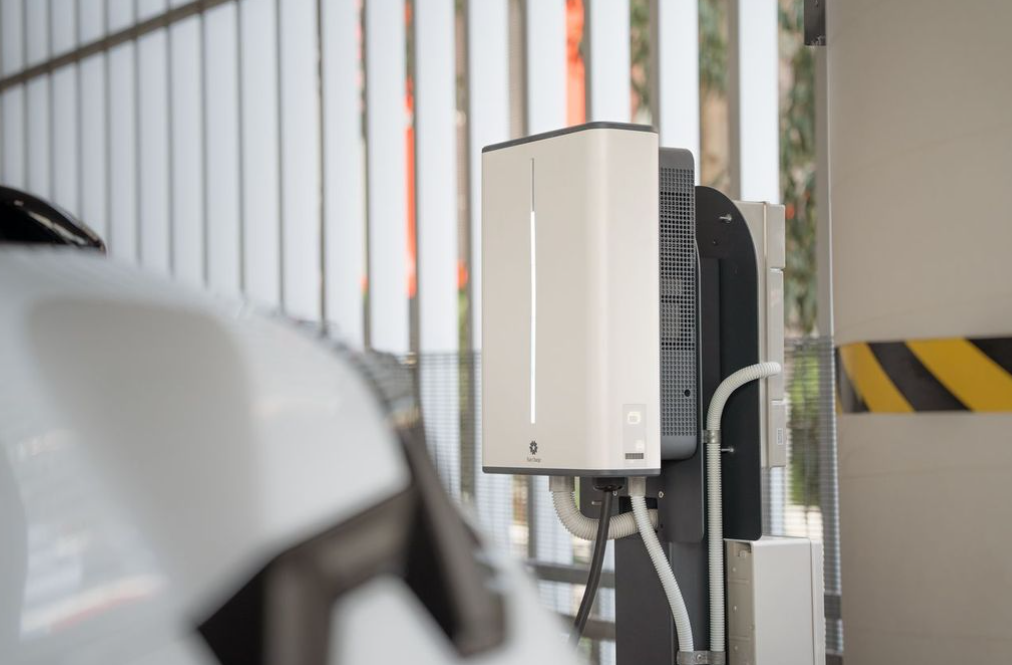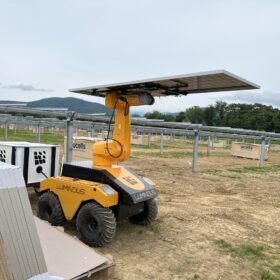While one of the biggest producers of battery metals and one of the hottest markets for energy storage globally, Australia still lags behind the rest of the world when it comes to recycling. But, a new industry partnership sealed between Korean battery maker LG Chem and Australian battery recycler Envirostream holds a promise to improve the state of affairs.
“This valuable partnership aims to develop safe and innovative management solutions to increase Australia’s low recovery rates concerning batteries, which is an increasing threat to the Australian environment,” the battery manufacturer said in a statement.
With increasing number of energy storage systems deployed both on-grid and off-grid around Australia, the topic of li-ion battery waste is slowly but surely moving to the forefront. This year alone, the nation’s storage demand is set to triple with over 70,000 Australian households expected to install battery storage, according to the Bloomberg New Energy Finance. Moving forward, around 450,000 energy storage systems could be installed in Australia by 2020 under a high growth scenario presented in the Australian Energy Storage Market Analysis published by the Smart Energy Council last year.
LG Chem batteries could account for a notable share of new installs. The manufacturer’s RESU models are among the eligible systems in state governments’ battery schemes, such as the Queensland government‘s loans and grants and the South Australia Home Battery Scheme, as well as AGL’s 5 MW/12 MWh Adelaide VPP, which is using Tesla Powerwall 2 batteries and the LG Chem RESU 10h-SolarEdge combination. While it will take years before they wear off and are decommissioned, LG Chem batteries will be heading to the recycler.
Envirostream’s technology is said to be able to recover 95% of the resources from end-of-life batteries, which are then converted into raw materials for new batteries resulting in a circular economy. According to LG Chem, Envirostream recycled 298,240 kilograms of batteries last year.
Current reports suggest that Australia recycles only between 2 and 6% of batteries that reach the end of life. According to research conducted by Commonwealth Scientific and Industrial Research Organisation (CSIRO) last year, only 2% of Australia’s annual 3,300 tons of lithium-ion battery waste is recycled, with waste predicted to grow by at least 300% each year by 2036.
“We’re extremely proud to be able to carve a new path towards preserving our precious planet through this invaluable partnership with Envirostream”, said Jamie Allen, General Manager from LG Chem Australia, “Starting with Australia, we hope this provides the opportunity to expand sustainable options for lithium-ion battery disposal.”
Recycling efforts in Australia
While it presently may not be economic to use recycled material for lithium ion batteries, it is foreseeable that, as demand from the rapidly developing electro-mobility and energy storage industries grows, it does become so in the near future. But, recycling is not only important as a means of recovery of valuable metals, but also as a way of ensuring proper collection, disposal and processing due to potential thermal runaway reactions.
Touted as Australia’s only facility for shredding li-ion batteries, Envirostream entered another partnership earlier this year with Lithium Australia, an ASX-listed company which aspires to ‘close the loop’ on the energy-metal cycle.
The two companies are seeking to integrate their processes. Envirostream will shred spent batteries and generate a powder containing the critical battery minerals ready for refining. Meanwhile, Lithium Australia is creating a flowsheet to process these powders to liberate the nickel, cobalt, manganese and lithium chemicals required for battery cathodes. It is also developing methods for recovering graphite from the battery anode.
Under the partnership, Lithium Australia will acquire an 18.9% stake in Envirostream, which comes with a price tag of $600,000 in cash and Lithium Australia scrip. The acquisition is expected to be finalised by mid-August.
Last year, Lithium Australia successfully produced lithium-ion batteries from tri-lithium phosphate sourced directly from a mine waste. It also reported outstanding results in lithium recovery in excess of 90%, using its SiLeach process at the ANSTO Minerals pilot plant in New South Wales.
Australian lithium developer Neometals has also joined the ranks of battery recyclers. The company took its lithium‐ion battery recycling technology to the floor at a pilot plant in Canada earlier this year.
This content is protected by copyright and may not be reused. If you want to cooperate with us and would like to reuse some of our content, please contact: editors@pv-magazine.com.









3 comments
By submitting this form you agree to pv magazine using your data for the purposes of publishing your comment.
Your personal data will only be disclosed or otherwise transmitted to third parties for the purposes of spam filtering or if this is necessary for technical maintenance of the website. Any other transfer to third parties will not take place unless this is justified on the basis of applicable data protection regulations or if pv magazine is legally obliged to do so.
You may revoke this consent at any time with effect for the future, in which case your personal data will be deleted immediately. Otherwise, your data will be deleted if pv magazine has processed your request or the purpose of data storage is fulfilled.
Further information on data privacy can be found in our Data Protection Policy.